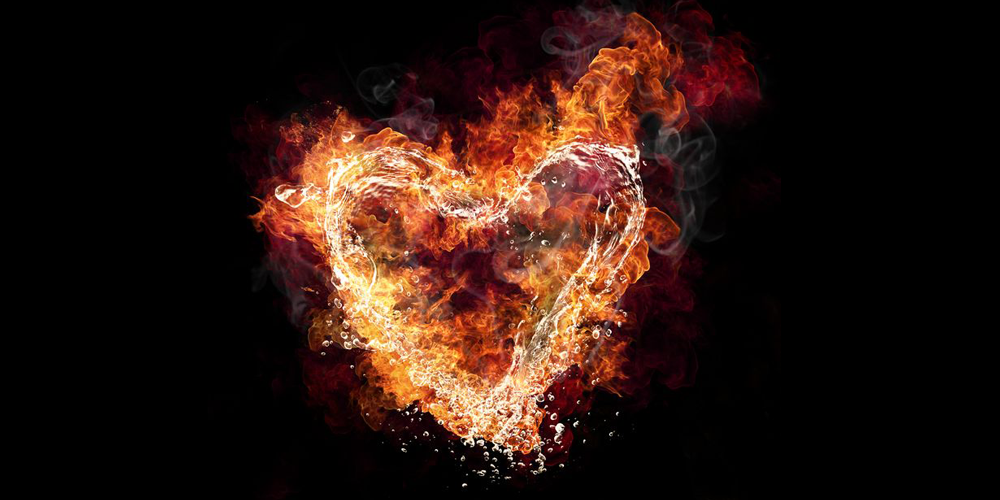Brene Brown said it best.
“You can’t get to courage without walking through vulnerability.”
If you go up to somebody who is in the midst of taking courageous action, and you ask “how do you feel?” they probably won’t say “I feel courageous”.
They’ll probably say: “I feel vulnerable.”
If you wilfully decide to ‘do courage’ you’re probably posturing, which is definitely not courageous, or vulnerable.
But, if you feel where you’re afraid to look at yourself, you’ll probably find a beautiful vulnerability that requires genuine courage to reveal.
The One in the Arena
In January I met with my mentor in person for the first time in London.
After a passionate and sprawling conversation over dinner, I took him to a classic English pub in Westminster. Over a pint over ale, he asked me if I knew the ‘The Man in the Arena’ quote by Theodore Roosevelt.
It’s a quote that I now know intimately, one that he has sprawled over a wall in his offices. But at the time, I’d never heard it.
I’ve read it numerous times since that evening, and each and every time I do it opens my heart and brings tears to my eyes.
For I find myself on a path that consistently asks for a greater levels of courage than I knew I possessed.
We are each called to show our Work to the world. It is the challenge of our time: to continually bare our truth in a world where promotion is free and criticism is bundled along with it.
“It is not the critic who counts; not the man who points out how the strong man stumbles, or where the doer of deeds could have done them better. The credit belongs to the man who is actually in the arena, whose face is marred by dust and sweat and blood; who strives valiantly; who errs, who comes short again and again, because there is no effort without error and shortcoming; but who does actually strive to do the deeds; who knows great enthusiasms, the great devotions; who spends himself in a worthy cause; who at the best knows in the end the triumph of high achievement, and who at the worst, if he fails, at least fails while daring greatly, so that his place shall never be with those cold and timid souls who neither know victory nor defeat.” – Theodore Roosevelt
The Lonely Leader of Truth
Several years ago, two friends and I created a (now somewhat heralded) interview series called Waking Up the Workplace. We spoke with many of our heroes in the conscious business field.
I still listen to those recordings sometimes, I learn new things every time I do.
Last spring I was doing precisely this. It was a recording of a class taught by the man who I would later ask to mentor me.
During that class he spoke about an author that had had a huge impact on him, a rather unknown giant of the philosophy of business called Peter Koestenbaum.
I went out and got myself a copy of Koestenbaum’s book Leadership: The Inner Side of Greatness.
I didn’t know it at the time, but this would be the beginning of my journey into the nature of courage.
This is what Koestenbaum says…
“To be courageous is to be prepared for the isolation of leadership. Thus to be a self-starter is to be autonomous, to have given up the helplessness and dependency that are so often fostered by the presumptive security of larger organizations. Autonomy is the ability to live in isolation and be comfortable with the feeling of aloneness. For the person who cherishes intimacy, isolation is as painful as it is fundamental to integrity, because intimacy without the courage to stand up for one’s rights is empty servitude.”
In other words, courage is the decision to step out alone, and follow your own truth. To walk the unknown path, the one that leads to something you deeply year for, and that your mind cannot yet comprehend.
To be courageous is to step out into the arena and show people what you’ve created.
Seth Godin says “Here, I made this”, is one of the bravest and most vulnerable actions there is.
And that is exactly the quest that the courageous one is entrusted with.
To turn away from the safety of servitude, and the dependence of employment. To step out, alone, on the only path that is authentically yours; your path.
To relinquish the right to determine what is good, and what is appropriate, and reveal what is truly in your heart.
The Courageous Path is paved with Anxiety
Just as you can’t get to courage without walking through vulnerability, you cannot take the path of courage without feeling the substance of the road you walk.
“Anxiety is the key to courage, for courage is the decision to tolerate maximum amounts of anxiety.” – Peter Koustenbaum
The path of courage is paved with anxiety.
Courage is not the absence of fear, courage is the decision to immerse yourself in the very things that threaten your sense of safety.
Courage is not something that strong people feel, courage is what every person feels when they embrace their vulnerability and step out into the unknown.
I’ve become fascinated by anxiety over the last year or two. Perhaps because I’ve experienced so much of it. Perhaps because I had an unshakable sense that the way we often think about anxiety missed something huge.
I still remember the first time I read about anxiety from an existential perspective. It was again in a book by Koestenbaum, but his notion of existential anxiety goes back to the Danish philosopher Kierkegaard.
I covered this topic extensively in a previous piece. But I return to it, because you can’t get to the heart of courage without understanding anxiety.
“Anxiety is the dizziness of freedom.” – Soren Kierkegaard
Anxiety, it seems, is not so much an emotion, but the existential mood of life. Its literal Latin root means the pain of passing through a narrow passage.
What single experience is more existentially vulnerable than passing from the soft safety of our conception to the hard reality of birth? That formative moment, when before we even know how to think, we feel the reality of living. And it is anxiety.
Yet anxiety is not a dysfunction in need of medication, or a negative emotion in need of releasing. No, no, it is the very fabric of freedom, as felt by our powerfully permeable human beingness.
Kierkegaard continues…
“Because it is possible to create — creating one’s self, willing to be one’s self… — one has anxiety. One would have no anxiety if there were no possibility whatever.”
Anxiety is not simply the price we pay for being creative beings, it is the actual feeling of becoming who we are. It is the emotional mood of courageous self-authorship.
It is the immense energy of our freedom that we have not yet found the courage to claim.
Free to Choose Your Nakedness
The root of the word courage is very old. It comes from an ancient language we know very little about. At its core, courage means simply ‘heart’.
Courage for me feels like nakedness – showing my inner heart to the outside world.
It is opening my hand, and allowing my precious creations to be set free into a world who’s embracing or rejection of them, I cannot control.
It is the opposite of comfort. It is the opposite of safe.
And yet it is the path that leads to realization.
You choose to come and live this life because you have a story to tell.
It is your story.
It is the story that no-one else can ever know.
Except when you realize you are already free. Free to embrace your anxiety. Free to reveal your vulnerability. Free to show your naked heart to the world. Free to realize who you really are.
This is the heart of courage.




